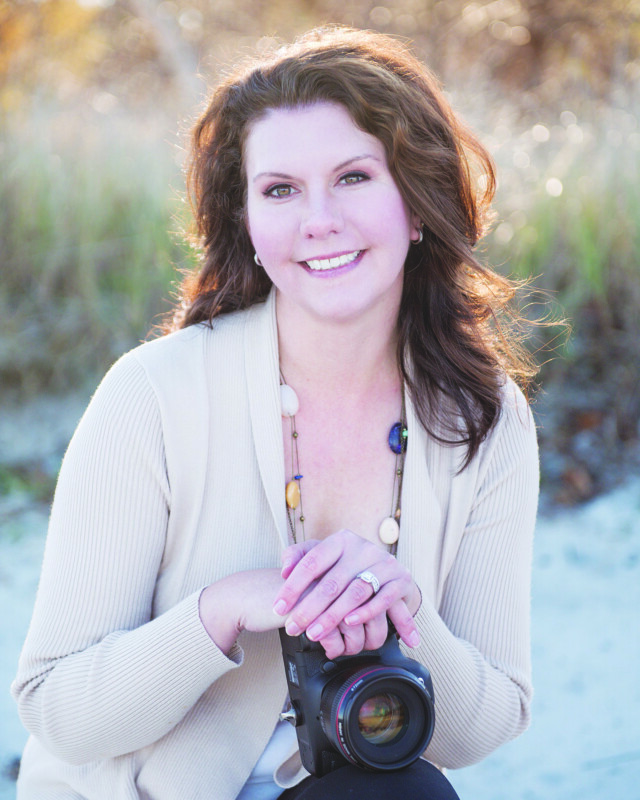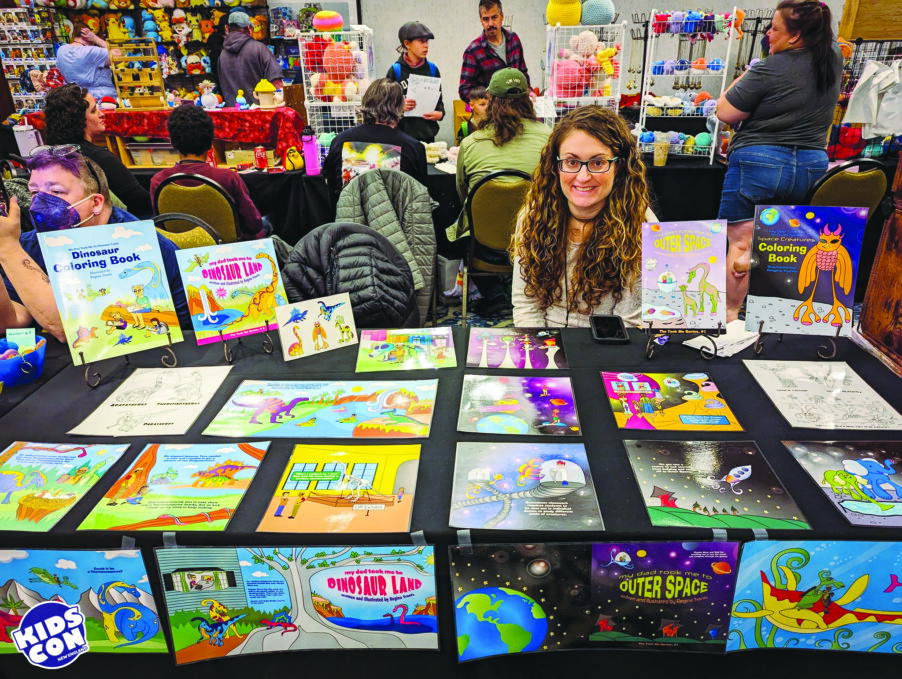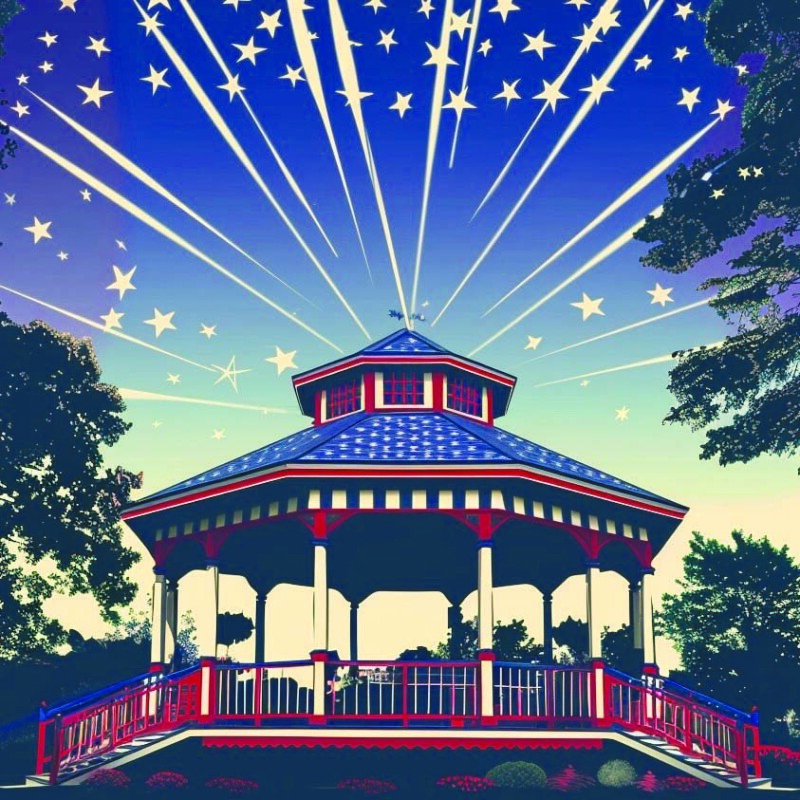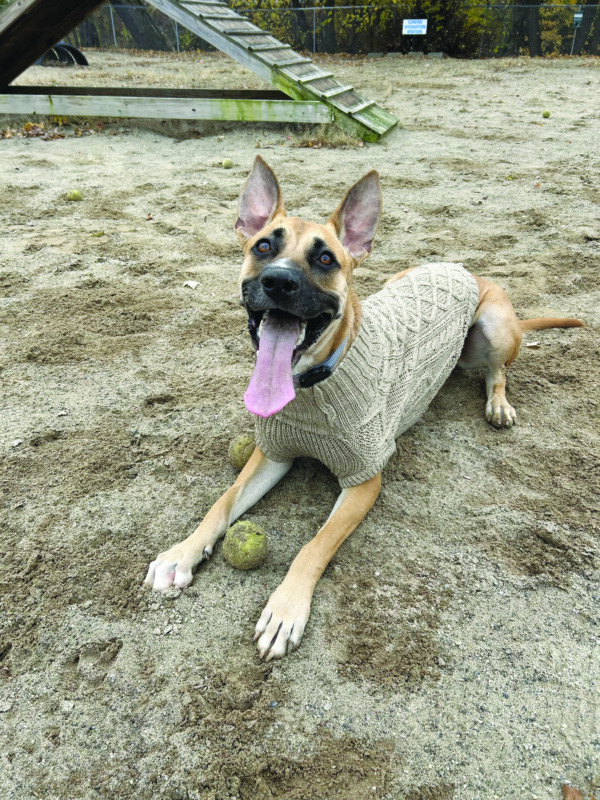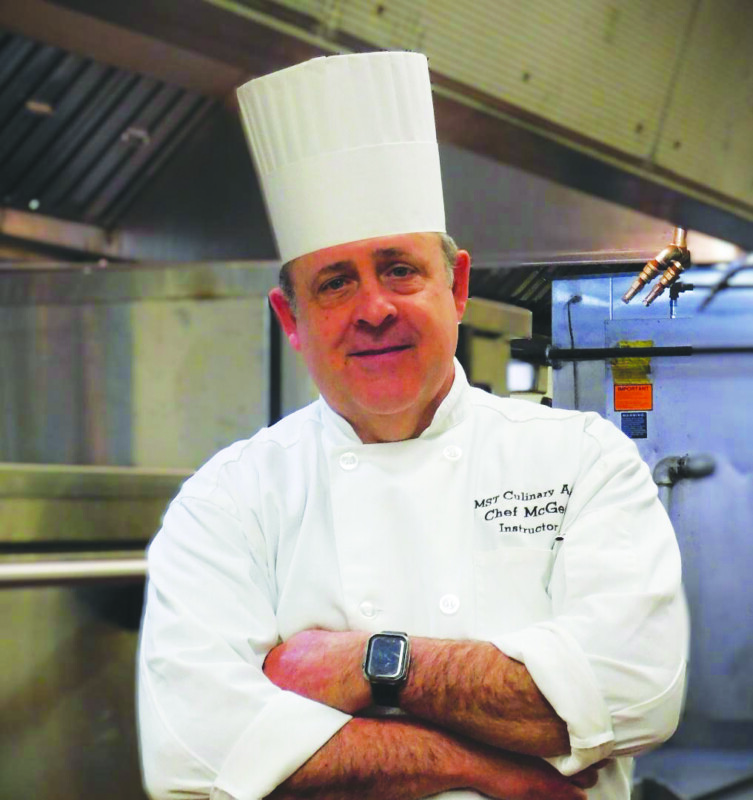Erika Follansbee is a food photographer at Parker Street Food & Travel (parker-street.com) and a wedding photographer at Erika Follansbee Photography (erikafollansbee.com). “I strive to create inviting, ambient photos of real menu items in a restaurant’s own unique environment. At the same time, I am also a wedding photographer with 14 years of experience based in Goffstown, New Hampshire. My work has been featured in over 60 national and local magazines, blogs, and websites for my work in both weddings and food photography,” she said.
What is your must-have kitchen item?
My Dutch oven is one of my favorite kitchen items because I love the one-pot life. I become easily overwhelmed by too many dishes, so anything I can cook in one dish that goes from stovetop to oven is high on my list.
What would you have for your last meal?
My last meal could only be a smorgasbord of favorites from a life of traveling and enjoying some of the world’s great flavors. I’d need some pasta carbonara with guanciale from Rome, suadero tacos con todo from Mexico City, a full Scottish breakfast with haggis, and lastly because I’m from North Carolina I’d finish up with some Southern comfort food of Brunswick stew, hushpuppies and banana pudding.
What is your favorite local eatery?
It would kill me to choose only one. I really enjoy North End Bistro, a tiny little place on Elm Street. Other Manchester favorites include The Crown Tavern, Presto Craft Kitchen and Alas de Frida, and Street in Portsmouth.
What is a food project you would like to shoot?
I have always been interested in not only photographing a restaurant’s core menu but also returning on a regular basis to capture more fluid items like seasonal, monthly and weekly specials. Returning to a place regularly gives me a chance to really explore the ‘sense of place,’ which is an anthropological concept referring to the way a place is experienced and lived in over time, resulting in a strong sense of belonging and familiarity. I’m inspired by the light of different times of day and what a different feeling it evokes. To me, the environment of a beautiful restaurant or café goes hand in hand with the actual food photos.
I’d also like to photograph a cookbook someday.
What is your favorite food-project that you’ve shot?
My favorites have always been shoots for chefs or restaurants who had never had photos done before, especially for a first-time website. It’s very satisfying to see a website come together with beautiful photos that establish an inviting and professional-looking online presence.
What is the biggest trend in food photography right now?
There is an emphasis on authenticity in food photography, which can mean a less staged and not over-styled approach that doesn’t hide imperfections…. Dripping sauces and scattered crumbs capture a delicious moment in time. The human element is still going strong as a trend, which includes hands in the shots — holding, sharing, and passing the dishes or beverages.
What is your favorite thing to cook at home?
In the summer, I grow jalapeños just so I can make bacon-wrapped cream cheese poppers. It’s the ultimate in high effort, low reward. I get my vegetable starts from Devriendt Farm in Goffstown. Like most cooking, the results are gone in seconds, but when you grow the thing yourself for a couple of months beforehand you really appreciate that single victorious ingredient you can hold in your hand. I enjoy gardening more than I do cooking, so the growing part is fun for me.
What can a non-professional do to shoot great pictures of their food?
The most important aspect of any food photo is the quality of the light. Take your dish outside in the shade, or get next to a window. You will notice that the incandescent or LED lights of an average home interior have a very yellow cast (or sometimes greenish) and this is not ideal for a nice food photo.
Featured Photo: Erika Follansbee. Courtesy photo.

